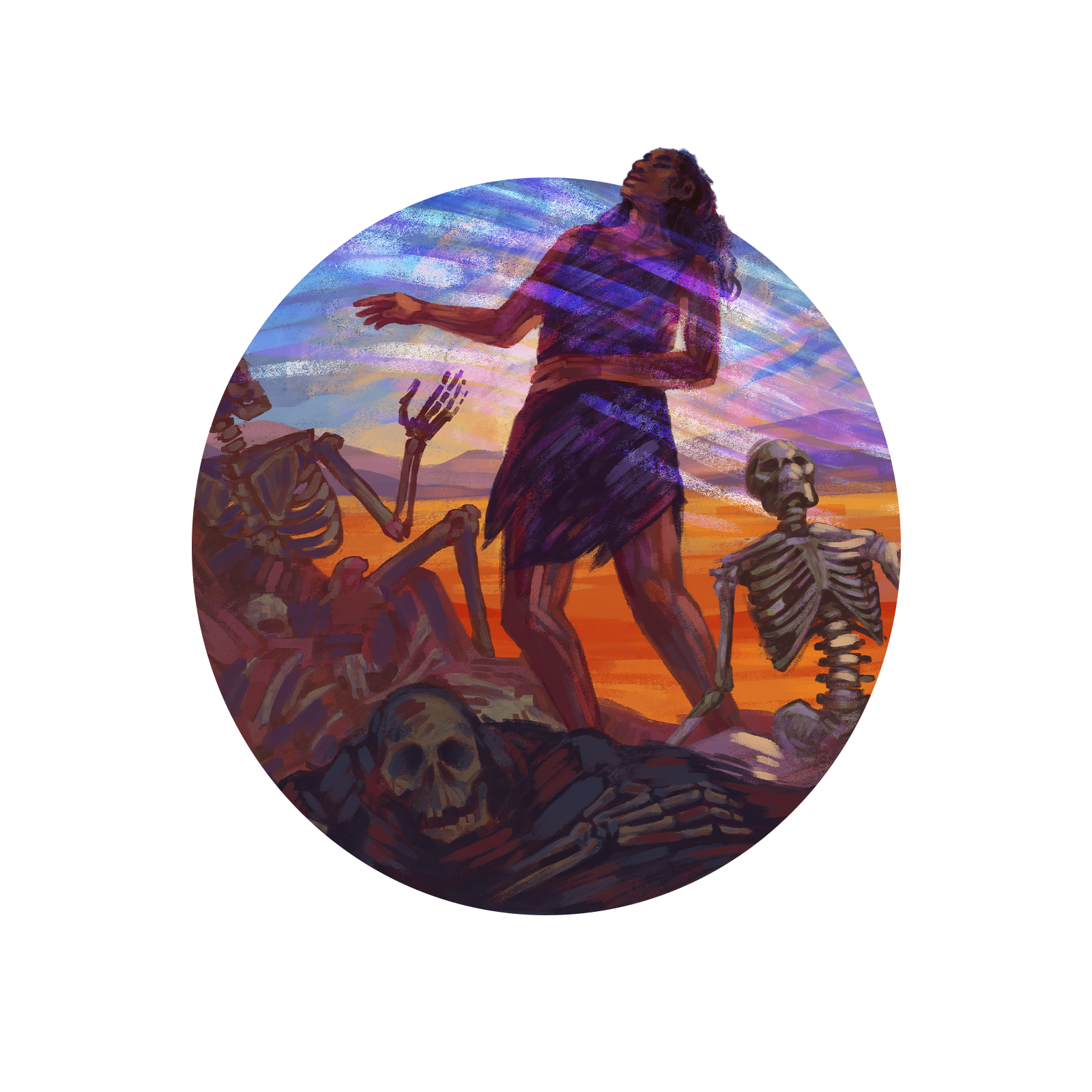

During lectures on the Psalms (in 15) and a study of the Book of Romans, he began to see a way through his dilemma. Meanwhile, he was ordered to take his doctorate in the Bible and become a professor at Wittenberg University. God is righteous and punishes the unrighteous sinner." The young Luther could not live by faith because he was not righteous-and he knew it. Luther remarked, "I hated that word, 'the righteousness of God,' by which I had been taught according to the custom and use of all teachers. Who, after all, could "live by faith" but those who were already righteous? The text was clear on the matter: "the righteous shall live by faith." He was increasingly terrified of the wrath of God: "When it is touched by this passing inundation of the eternal, the soul feels and drinks nothing but eternal punishment."ĭuring his early years, whenever Luther read what would become the famous "Reformation text"-Romans 1:17-his eyes were drawn not to the word faith, but to the word righteous. Though he sought by these means to love God fully, he found no consolation. As he later commented, "If anyone could have earned heaven by the life of a monk, it was I." He plunged into prayer, fasting, and ascetic practices-going without sleep, enduring bone-chilling cold without a blanket, and flagellating himself. Luther was extraordinarily successful as a monk. The scrupulous Luther fulfilled his vow: he gave away all his possessions and entered the monastic life. As the 21-year-old Luther fought his way through a severe thunderstorm on the road to Erfurt, a bolt of lightning struck the ground near him. Then in 1505 his life took a dramatic turn. He proved so adept at public debates that he earned the nickname "The Philosopher." There Martin earned both his baccalaureate and master's degrees in the shortest time allowed by university statutes. Hans sent Martin to Latin school and then, when Martin was only 13 years old, to the University of Erfurt to study law. He was raised in Mansfeld, where his father worked at the local copper mines. Martin was born at Eisleben (about 120 miles southwest of modern Berlin) to Margaret and Hans Luder (as it was locally pronounced). Both Catholics and Protestants affirm he was not only right about a great deal, but he changed the course of Western history for the better. In our day, nearly 500 years hence, the verdict is nearly unanimous to the good. One Catholic thought Martin Luther was a "demon in the appearance of a man." Another who first questioned Luther's theology later declared, "He alone is right!"


In the sixteenth century, the world was divided about Martin Luther. Here I felt as if I were entirely born again and had entered paradise itself through the gates that had been flung open." "At last meditating day and night, by the mercy of God, I began to understand that the righteousness of God is that through which the righteous live by a gift of God, namely by faith.


 0 kommentar(er)
0 kommentar(er)
